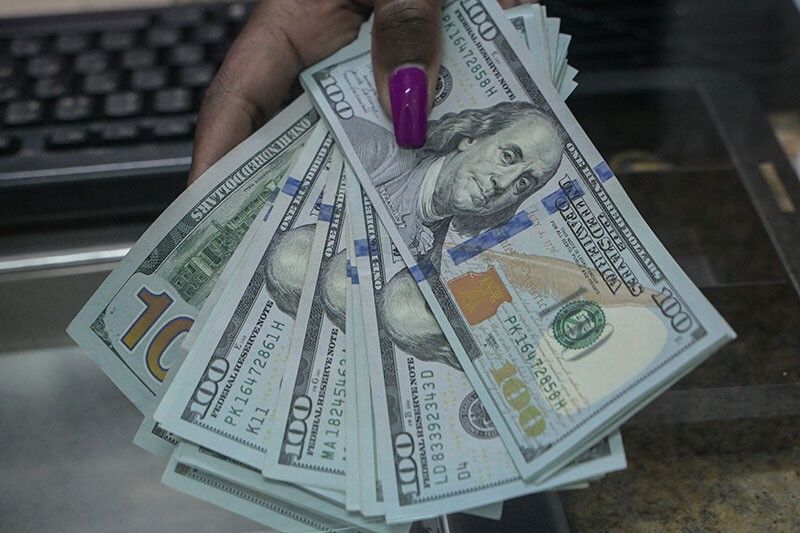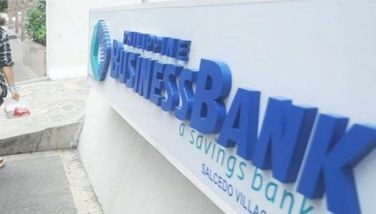‘Tight monetary policy to restrict FDI inflow’

MANILA, Philippines — The higher-for-longer interest rate environment is expected to constrain the inflow of foreign direct investments (FDI) into the Philippines next year, according to Standard Chartered Bank.
In its Global Focus – Economic Outlook 2024 titled “A soft landing, with risks,” Standard Chartered Bank economist for Asia Jonathan Koh said investments would remain constrained by tight monetary policy.
“We expect investment growth to be subdued in H1-2024, facing headwinds primarily from tight monetary conditions, both domestically and globally,” Koh said.
To tame inflation and stabilize the peso, the Bangko Sentral ng Pilipinas (BSP) has raised key policy rates by 450 basis points since May last year, making it the most aggressive central bank in the region.
Koh said this has constrained credit growth and investment.
Data showed business loan growth eased to 4.9 percent year-on-year in September, the slowest pace in almost two years.
Persistent global economic uncertainties and elevated inflation continued to pull down the inflow of FDI from January to September.
Latest data from the central bank showed the net FDI inflow fell by 15.9 percent to $5.88 billion during the 10-month period.
Meanwhile, the net outflow of speculative funds or foreign investments registered with the central bank through authorized agent banks reached $714.98 million, reversing the $305 million net inflow recorded in the same period last year.
Gross inflows slipped by three percent to $9.89 billion, while gross outflows went up by seven percent to $10.96 billion.
The BSP’s Monetary Board sees FDI inflows slowing to $8 billion this year before picking up to $10 billion next year. It also decided to lower its projected net inflow of hot money to $1 billion from $2 billion for 2023 and to $1.7 billion from $3 billion for 2024.
“Headwinds to FDI may persist into H1 as the full repercussions of monetary policy tightening are felt. BSP has acknowledged that the transmission to loan interest rates is not yet complete,” Koh said.
BSP Governor Eli Remolona Jr. sees the country’s monetary policy stance remaining sufficiently tight as the Philippines is not yet out of the woods when it comes to inflation.
Remolona expects inflation returning to within the central bank’s two to four percent target range by the first quarter before spiking again in the second quarter due to base effects.
Inflation averaged at 6.2 percent from January to November, remaining above the BSP target range. It eased to a 20-month low of 4.1 percent in November from 4.9 percent in October.
“Given expectations of moderating inflation and consequent rate cuts by the BSP, investment is likely to gradually regain momentum in H2-2024,” Koh said.
- Latest
- Trending




























